Noahide Torah Courses
Noahide Nations has conducted nearly 3000 live online Torah classes over the past 15 years. Many of these classes are available in audio recordings. Here are just some of these courses.
God's Instructions
When God created man on the 6th day He wanted mankind to live in peace and harmony, through His Mercy. He gave Adam 6 instructions in order to live this way. After the flood He gave Noah a 7th. These are the Noahide Commandments.
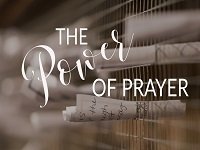
Read More +
Noahide Prayer
For Noahides, prayer is considered a mitzvah when performed in response to personal needs or circumstances.
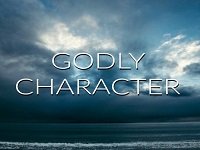
Read More +
Develop a Torah Personality
Help for perfecting your relationship with HaShem and yourself.

Read More +
Listen To Noahide Laws & Life Cycle Class
Listen to the overview from a previous class from the Noahide Torah Study Yeshiva Course.
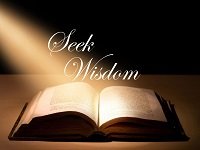
Read More +
Seek Torah Wisdom
Torah wisdom should always flow through you. Learn about Hashem and you will learn about yourself!
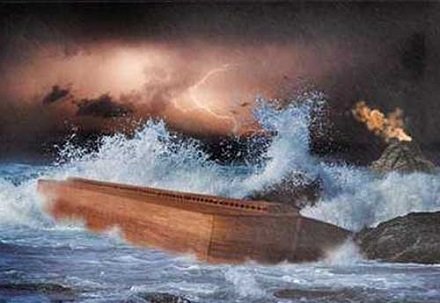
Read More +
After The Flood
Ever wonder what happened when Noah and his family exited the Ark after the Flood?
Wisdom From Pirke Avot
Simon the Just…used to say,
“Upon three things the world stands:
On Torah, on (Divine) Service, and on Deeds of Lovingkindness.”
Pirke Avot 1:2
Ben Zoma said,
“Who is wise? The one who learns from all people…
“Who is mighty? The one who subdues the evil inclination…
“Who is rich? The one who rejoices in his portion….
“Who is honored? The one who honors other human beings….”
Pirke Avot 4:1
The Most Important Part of Studying Torah
The most important element in validating interpretations of the written and oral Torah is the concept of Mesorah. Mesorah is the greatest proof to the authenticity of any concept, practice, or interpretation.
Although the seven Noahide laws have their origins in Adam and Noah, God chose to transmit and preserve them via Moses and the giving of the Torah at Sinai. This placed the Seven Mitzvos within the structure and system of Torah study and learning. Therefore, the seven Noahide laws must be interpreted and understood within the context of the Torah.
This point cannot be stressed enough: Jewish, and therefore Noahide, study and interpretation of the Torah is unique and unlike the study of any other religious texts.
The Truth About the Ger
Don't ever be afraid of seeking truth or speaking the truth, as it says in
Proverbs 12:19...
Truthful lips will be established forever, But a lying tongue is only for a moment
Are Noahides Allowed to Pray?
For Noahides, prayer is considered a mitzvah when performed in response to personal needs or circumstances. If one experiences challenges for which he does not pray, his lack of response is tantamount to a denial of God as the sovereign ruler of all things and all events. When one does pray in such circumstances, it demonstrates reliance and belief in the Creator.
When a Noahide prays to give thanks or praise absent a personal need, he still receives reward for such prayer even though it is not of the same nature as prayer prompted by personal needs.
As with all personal prayers, there are no fixed texts for Noahide prayer. Since all Noahide prayer is essentially personal prayer, it is ideally expressed using sincere words from the heart.
Tools For Noahide Torah Study
The journey of Noahide Torah study is endless in depth and has no destination. You will realize this when your very essence proclaims, "the more I learn, the less I know"! Before you make this proclamation remember that it is a mitzvot for a Noahide to study the Noahide Laws and apply them in every aspect of their life. After you make that proclamation you will realize and appreciate why it is a mitzvot for a Noahide to study the Noahide Laws and apply them. The study of Torah is what gives us our awe of the Creator. The more we study the more awe we gain.
THE MISSING LINK
- Category: DID YOU KNOW...
- Hits: 43506
Article Index

by Rabbi Shlomo Riskin
"Now Yitro, the priest of Midian, Moses' father-in-law, heard of all that God had done for Moses, and for Israel His people, how the LORD had brought Israel out of Egypt. And Yitro said: 'Praised be the LORD who has saved you from the hand of Egypt and from the hand of Pharaoh'" (Exodus 18:1-10).
Exiled from our homeland for close to 2,000 years, we lived on the edge of history, our national - but - not spiritual - life arrested. And despite threats to our very existence, we learned to suffer our host cultures, usually as the perennial scapegoat, trod upon, cursed, made to live in isolated quarters, forced to wear identifying garments. Sometimes we'd be wooed by the nobility when they became aware of the special talents of this "nation within the nation," or protected by the pious of the nations of the world, who on occasions risked their lives to save some of us. In total, however, Israel could hardly be condemned for agreeing with the quotation from the Midrash: "The law is known that Esau hates Jacob," (cited by Rashi, Genesis 33:4).
But with the birth of modern Israel, a state equal to others on the globe, it became possible to see the gentile world from a broader perspective. And the lenses through which to look can be found in the Torah portion, Yitro.
What first strikes us is the name of the portion itself, Yitro, a striking choice because not only is Yitro not a Jew (he wouldn't join the People in their journey towards the Promised Land when Moses makes the offer in Numbers 10:22-29), but also the portion named after him includes the account of the Divine Revelation to the Jewish people, undoubtedly the greatest moment in the history of Israel.
Beginning with Adam, attempts to lift man from his perversities had failed, often tragically. Now the attempts culminate in the creation of a unique nation with a special covenant, physical as well as spiritual, whose existence on this planet will defy rational explanation. It's a moment which, in theological terms, parallels the creation of the world, because the purpose of this nation's existence is no less than a re-creation of the planet under the guidance of the Creator's plan.
But if no event in the Jewish people's subsequent history can equal the Divine covenant which brought the nation into existence, why are the Ten Commandments found in a portion named after a gentile, a Midianite priest, Yitro? And moreover, the sages of the Talmud deduce a striking halakha from Yitro: "From here we learn that it is incumbent upon us to praise the Almighty for miracles" (B.T. Berakot 54a.). Can we not learn the same lesson from the song of the Israelites at the splitting of the Red Sea? What is so special about Yitro?
Is it because he is Moses' father-in-law? Not likely. Far more significant is his role in alerting Moses to a more effective means of administering justice, invaluable advice, since it served as a "strength preserver" for the master of all prophets. Seeing Moses teaching and judging the entire nation by himself, Yitro was not afraid to admonish him: "What you are doing is not good. You are going to wear yourself out, along with this nation that is with you. Your responsibility is too great, you cannot do it all alone...Seek out from among the people capable, God-fearing men...You must then appoint them as leaders of thousands, leaders of hundreds, leaders of fifties..." (Exodus 18:17-22).
This contribution places Yitro on an extraordinary level. In effect, Yitro the gentile teaches Moses the administrative technique critical in establishing a nation to be governed in accordance with Torah doctrine.
Yitro's practical wisdom is only part of what Moses learns from the gentiles.
The woman who drew Moses out of the Nile, gave him his name, brought him into her home and sheltered him is not usually extolled. But saving the child's life is the essence of kindness on the part of Pharaoh's daughter, a true "hesed," especially when we remember that her father was the one who had issued the edict to drown Hebrew boy babies.

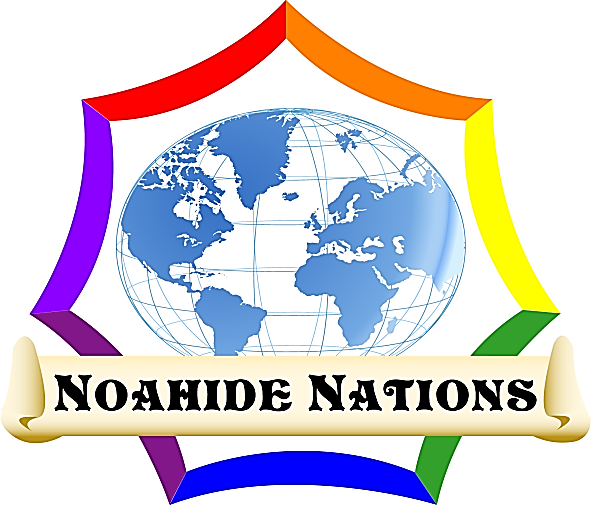
 French (FR)
French (FR)  English (UK)
English (UK) 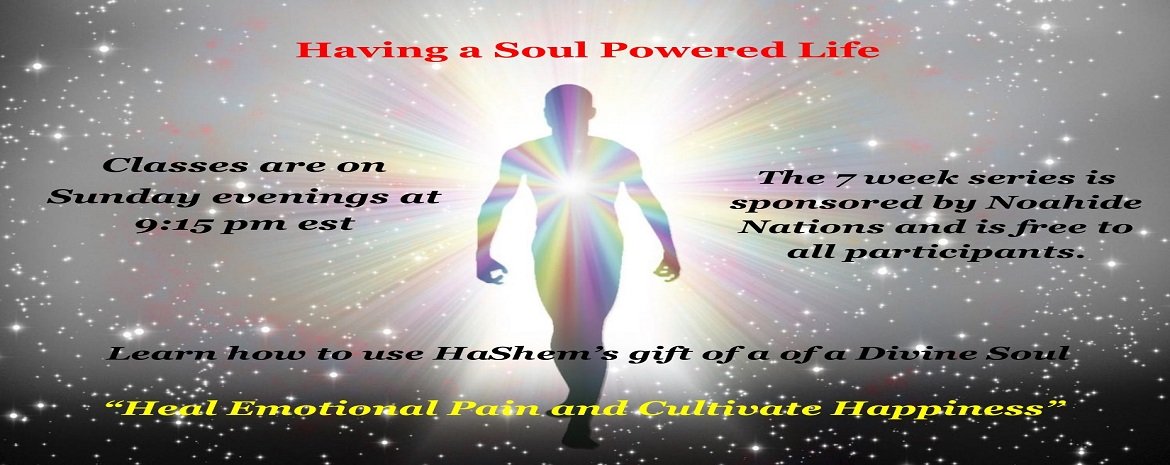





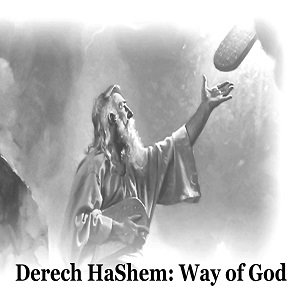
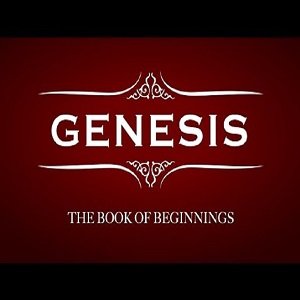
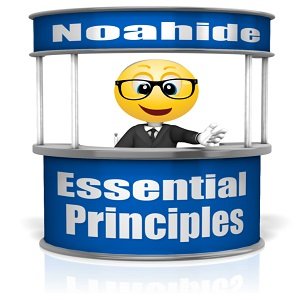
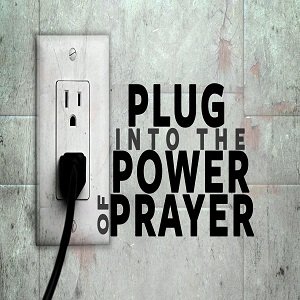
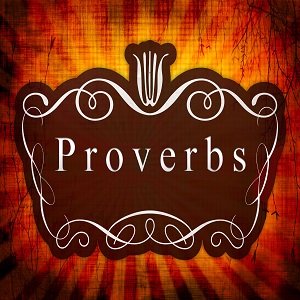

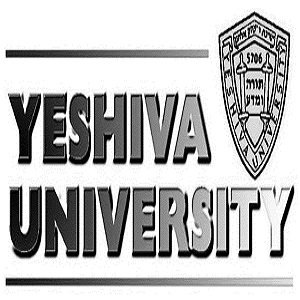
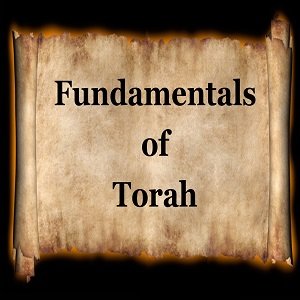
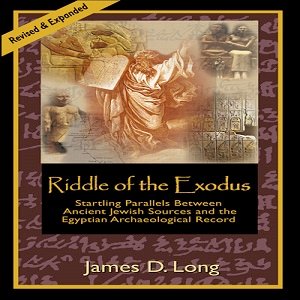
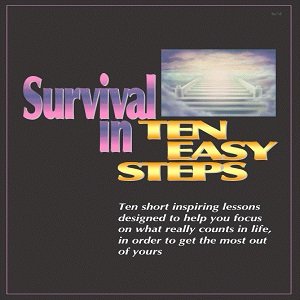
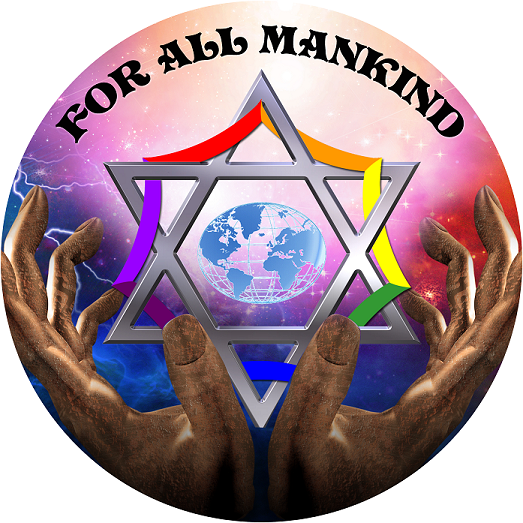
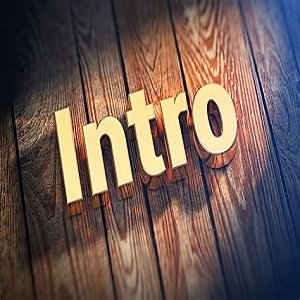




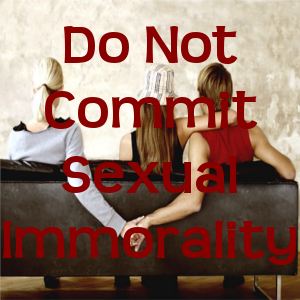

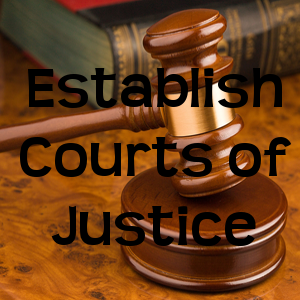

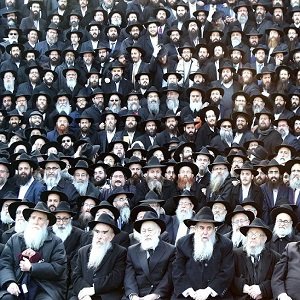 Choosing a Rabbi
Choosing a Rabbi What Is Tzedakah?
What Is Tzedakah?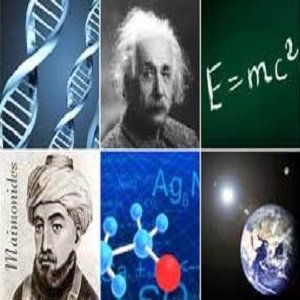 The Science in Torah
The Science in Torah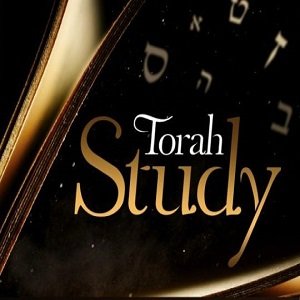 Why Study Torah?
Why Study Torah? Afterlife, Moshiach & Redemption
Afterlife, Moshiach & Redemption Your Soul
Your Soul